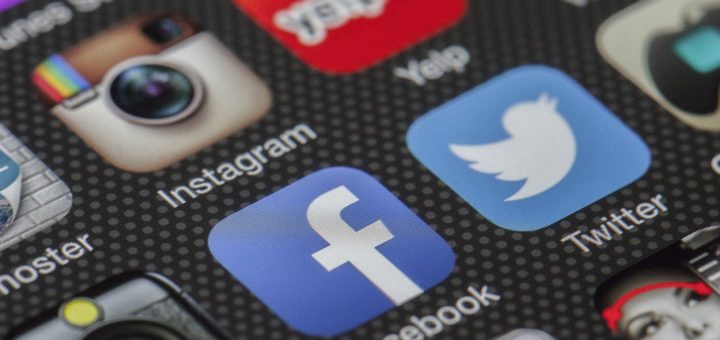How Social Media Can Decrease Happiness – Part 3: Losing the Moment
When we experience something enjoyable, without the intrusion of technology our enjoyment comes from the thing or the experience itself – the smell and taste of the coffee we’re drinking, the beauty and novelty of the city we’re visiting, the way we feel about our outfit and appearance, etc. The value comes from our own positive experience of the situation. However, when we shift our attention from fully experiencing the moment through our own eyes...









Recent Comments